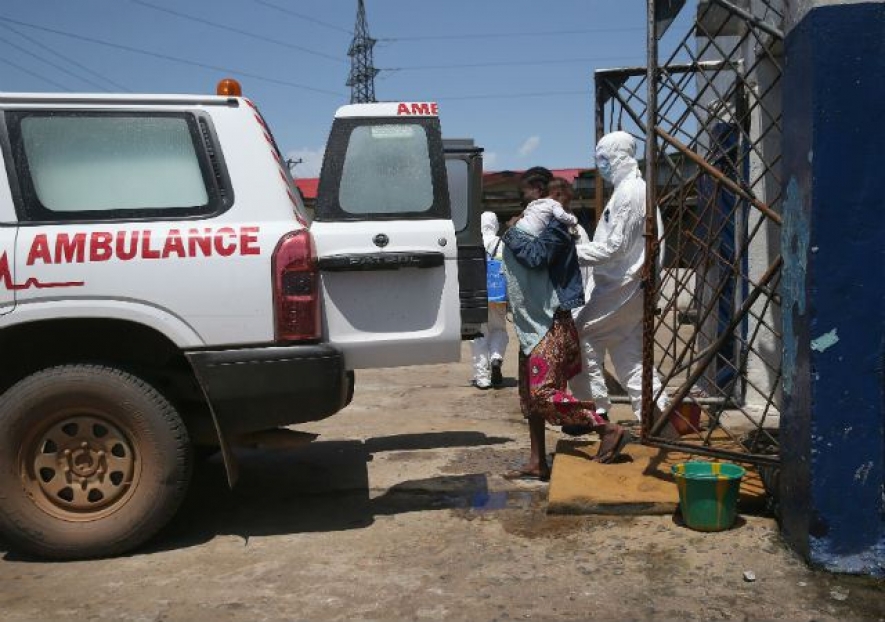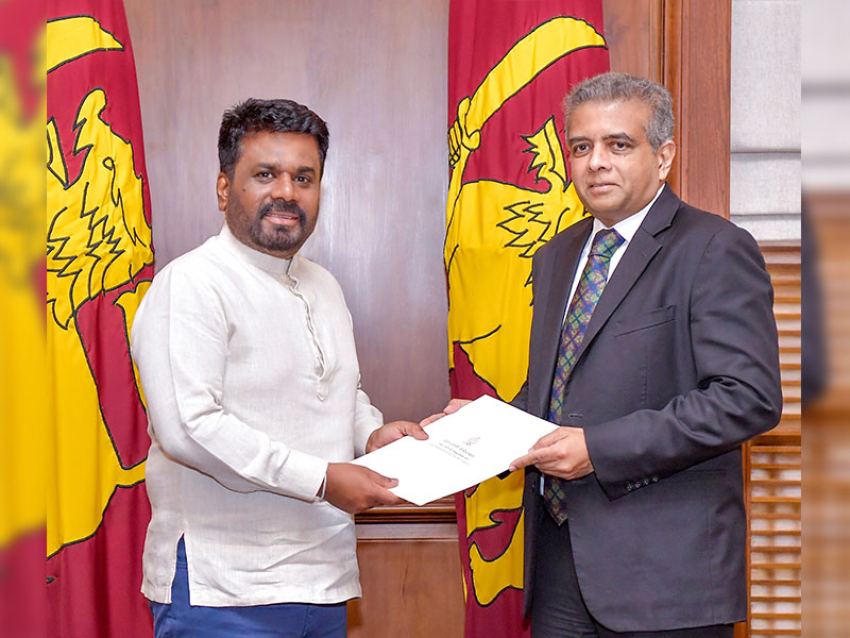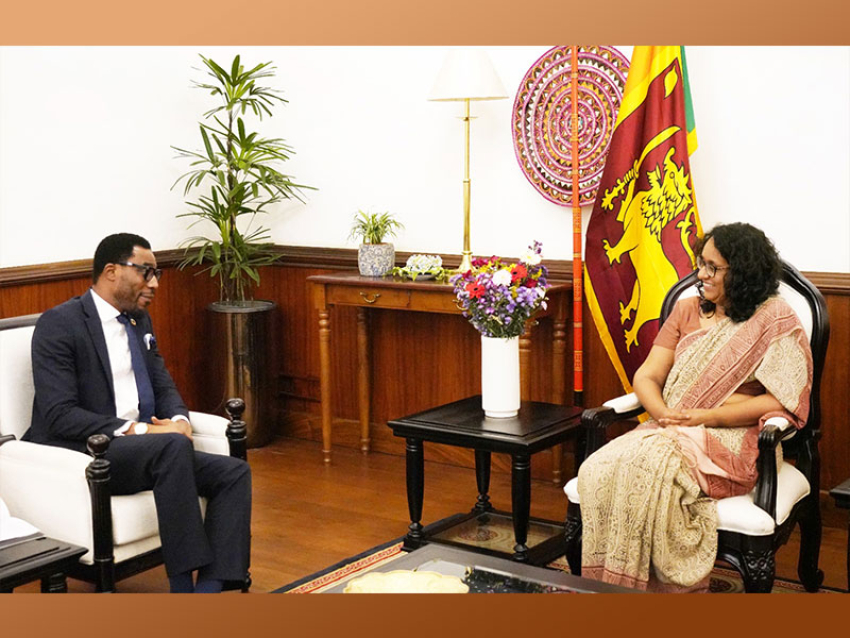Entitled "Cuba's Impressive Role on Ebola," the influential newspaper explained it is editorial that the global panic over Ebola has not brought forth an adequate response from the nations with the most to offer.
The article, published in English and Spanish languages, reiterated that around 4,450 people have died of Ebola in West Africa and warned that quick spread of the virus, which has shown up in the United States and Europe, "could soon become a global menace."
The publication regrets that Washington, the main financial contributor to the struggle against Ebola, does not have diplomatic relations with Havana, (broken off unilaterally in 1961), because Cuba could end up doing the most vital work.
According to the Times, "this should serve as an urgent reminder to the Obama administration that the benefits of moving swiftly to restore diplomatic relations with Cuba far outweigh the drawbacks."
The newspaper highlighted that "the Cuban government trained 460 doctors and nurses on the stringent precautions that must be taken to treat people with the highly contagious virus," and that "the first group of 165 professionals arrived in Sierra Leone in recent days."
The article said that Cuba was "an impoverished island that remains largely cut off from the world" (due to the financial, economic and trade blockade, imposed for more than 50 years by successive White House Administrations).
It also said that geographically, the island is more than 7,000 kilometers "from the West African nations where Ebola is spreading at an alarming rate." However, due to its promise "to deploy hundreds of medical professionals to the front lines of the pandemic, Cuba stands to play the most robust role among the nations seeking to contain the virus."
Cuban doctors played the lead role in the struggle against cholera in Haiti, in the aftermath of Haitiâ€Ös earthquake in 2010, said The Times, which published the editorial when an extraordinary summit of presidents of the Bolivarian Alliance for the Peoples of our Americas to coordinate actions against Ebola.
Cuba, according to the editorial, has sent "doctors and nurses to disaster areas abroad" for decades. "In the aftermath of Hurricane Katrina in 2005, the Cuban government created a quick-reaction medical corps and offered to send doctors to New Orleans. The United States, unsurprisingly, didnâ€Öt take Havana up on that offer," the article said.
The newspaper quoted World Health Organizations representative in Havana Jose Luis Di Fabio, asserting that the team of Cuban professionals sent to Africa includes doctors that have previously worked in the region, something that made them "uniquely suited for the mission. Cuba has very competent medical professionals," said Di Fabio."
The New York Times concluded that Cuban Revolutionary leader Fidel Castro argued in a recent article published in "Cuba's state-run newspaper Granma that the United States and Cuba must put aside their differences, if only temporarily, to combat a deadly scourge. He's absolutely right."



















